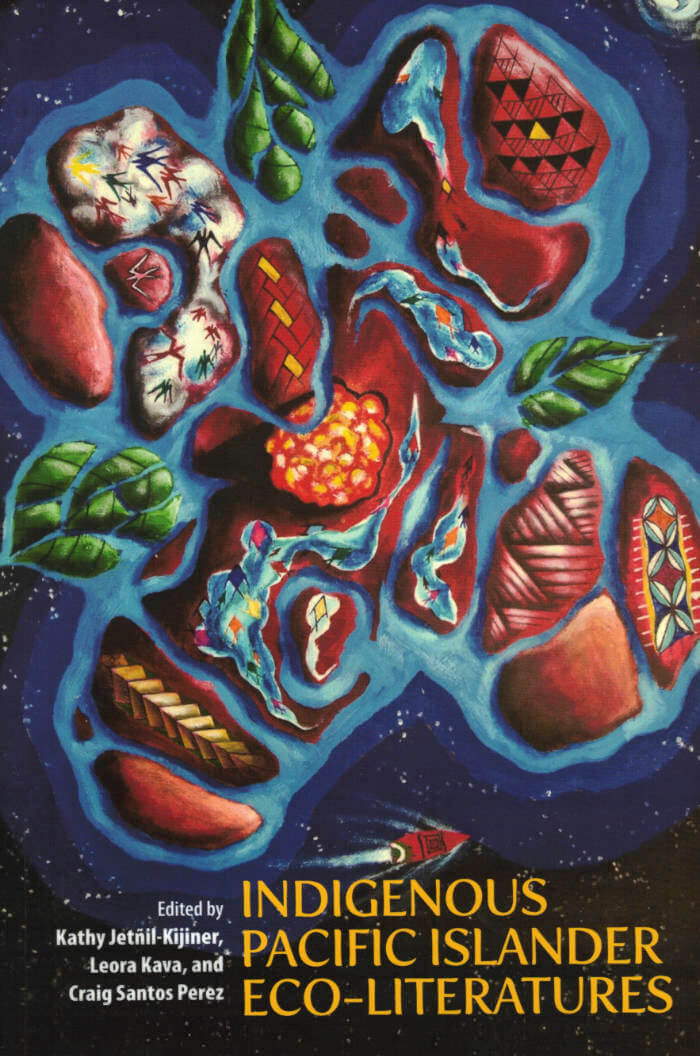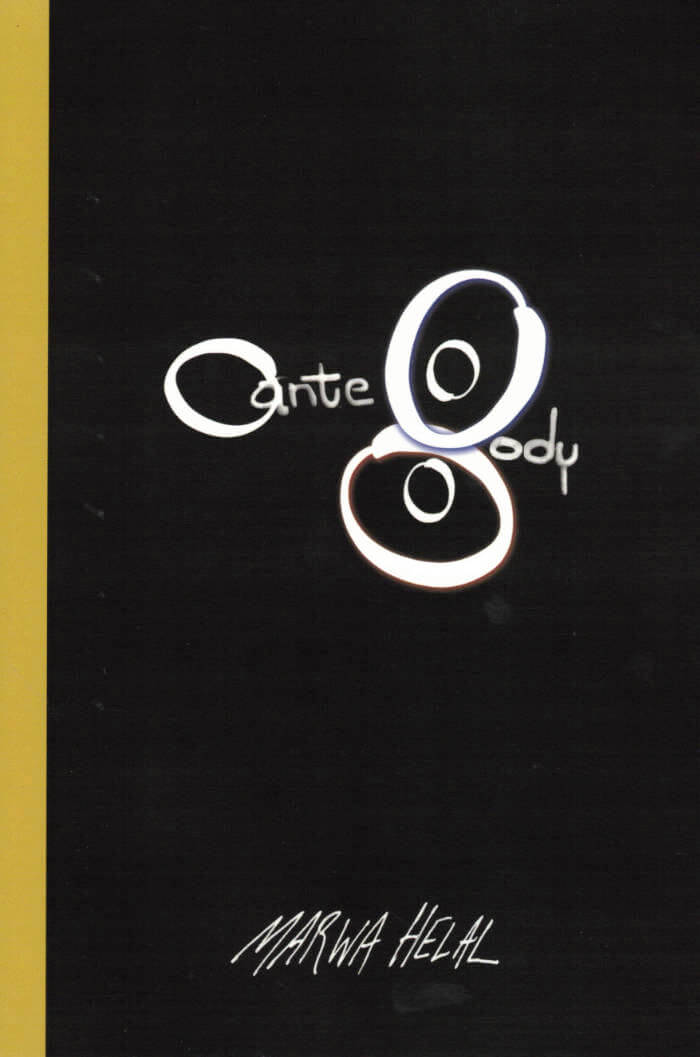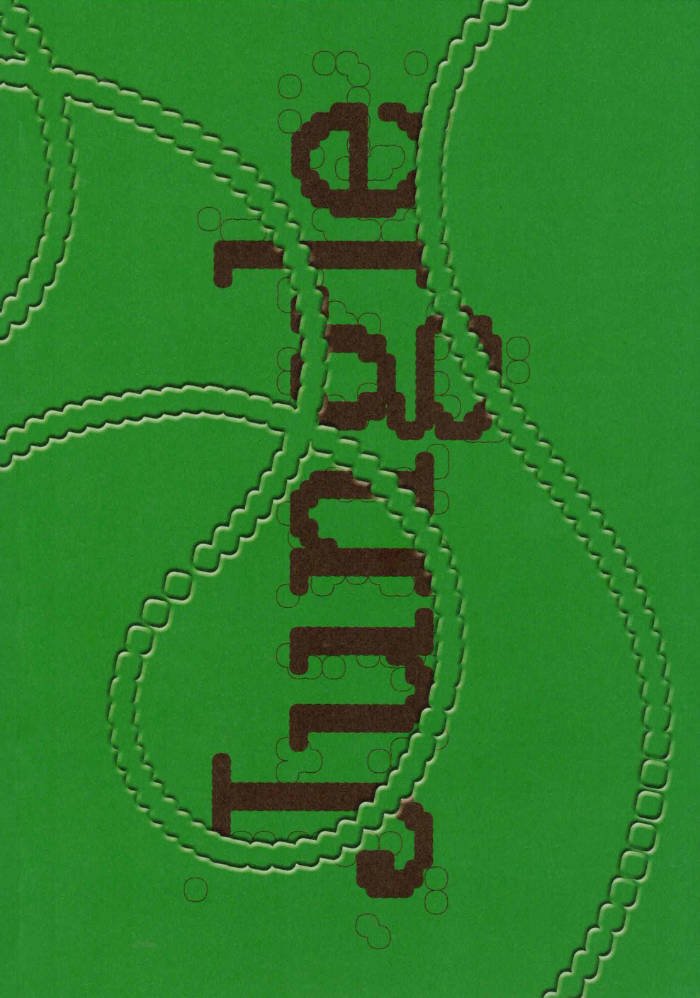
Indigenous Pacific Islander Eco-Literatures
Kathy Jetñil-Kijiner ed., Leora Kava ed., Craig Santos Perez ed.
In this anthology of contemporary eco-literature, the editors have gathered an ensemble of a hundred emerging, mid-career, and established Indigenous writers from Polynesia, Melanesia, Micronesia, and the global Pacific diaspora. This book itself is an ecological form with rhizomatic roots and blossoming branches. Within these pages, the reader will encounter a wild garden of genres, including poetry, chant, short fiction, novel excerpts, creative nonfiction, visual texts, and even a dramatic play—all written in multilingual offerings of English, Pacific languages, pidgin, and translation.
Seven main themes emerge: "Creation Stories and Genealogies," "Ocean and Waterscapes," "Land and Islands," "Flowers, Plants, and Trees," "Animals and More-than-Human Species," "Climate Change," and "Environmental Justice." This aesthetic diversity embodies the beautiful bio-diversity of the Pacific itself.




